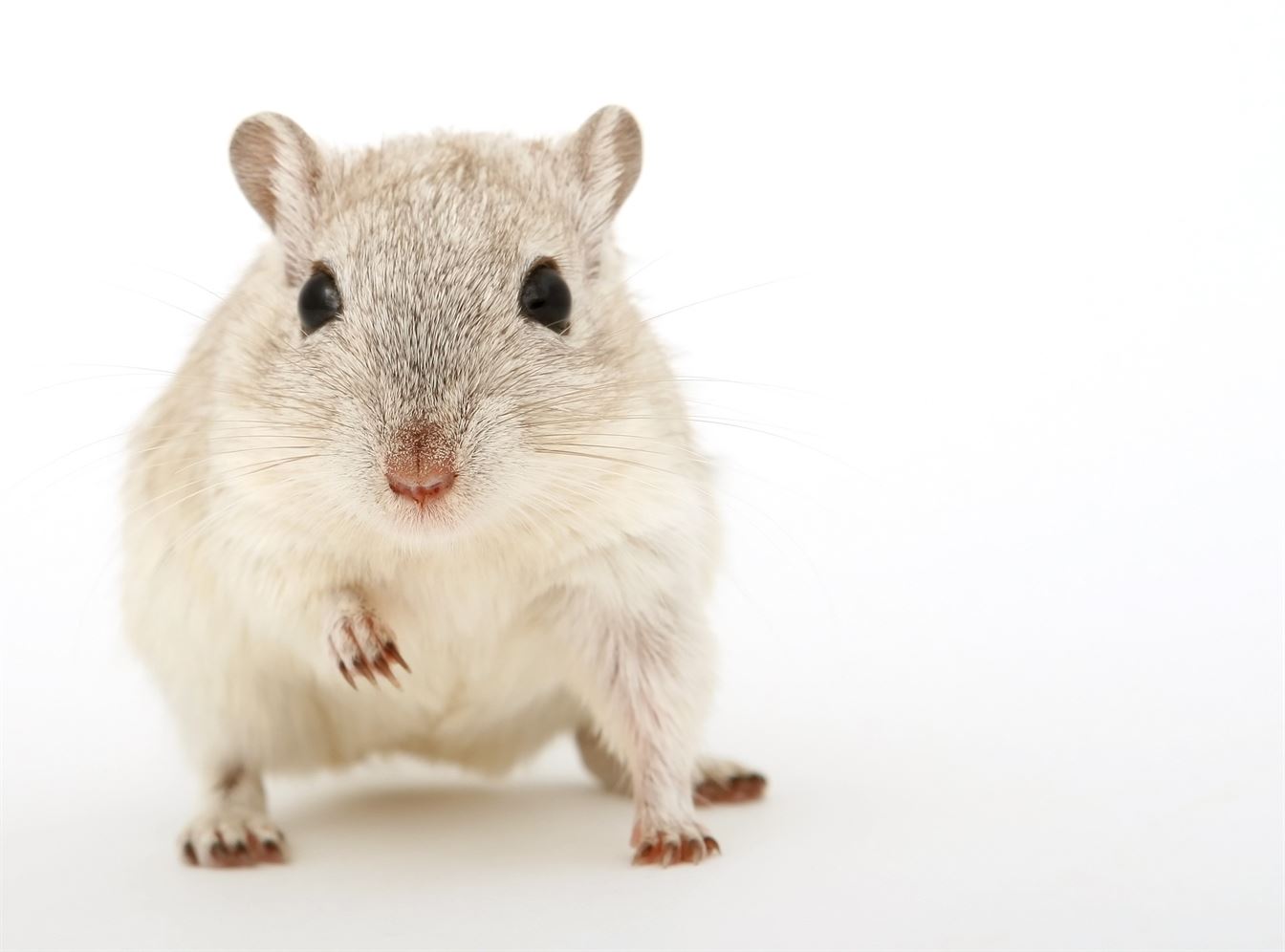How To Reduce My Gerbil’s Anxiety?

Gerbils are naturally sociable, curious, and active creatures. While they make good house pets, Gerbils can sometimes seem anxious, which may leave some gerbil owners feeling confused. In order to better understand why your gerbil is feeling anxious, you need to be mindful of how they behave in their surroundings and interact with one another in their cage. Let’s find out what are some ways we can reduce our gerbil’s anxiety!
Is it Possible for Gerbils to Have Anxiety?
The way animals respond to external stimuli differs. Some animals are more anxious than others, whereas others have no anxiety. As one of the prey animals in the wild, Gerbils are programmed to have high levels of anxiety to protect themselves. Gerbils tend to protect themselves by jumping away from predators or building burrows.
Why Do Gerbils Get Anxious?
Gerbils get anxious for different specific reasons. Here are some common reasons listed below:
• Prey animals
Gerbils’ anxiety is extremely useful in the wild, as it helps them detect danger and escape. They have a heightened alert of external stimuli, which can sometimes indicate that danger is near. They can also get easily startled from new changes to the environment, such as loud noise, new people or new animals.
• Loneliness
Wild gerbils are social animals with social hierarchies. Gerbils are not exactly meant to be kept alone and tend to get anxious if they are lonely.
• Boredom
Gerbils are naturally active and athletic creatures. They may get bored and anxious if not given enough toys, space, and playtime.
Signs your Gerbil is Anxious
There are signs you need to watch out for in your Gerbils, although not all of them will show the signs in the same way. If your gerbils show many of them, it might indicate unhappiness or anxiety.
1. Hiding
When gerbils are stressed, they tend to spend hours on end hiding in their tunnels or nests.
2. Reduced appetite
If you notice that our pet gerbil is eating lesser than usual, it may be feeling stressed. When in flight or fight mode, the digestive system of gerbils tends not to work as effectively. On the other hand, your gerbils can also get stressed if not given enough food or water. It’s important that you remember to top up their food bowls and water bottles daily.
3. Foot stomping (Drumming)
In the wild, gerbils stomping the ground with their back feet is an alarm to warn other gerbils of approaching predators. A frequent stomping indicates that there is something in your gerbil’s environment that is causing stress.
4. Increased frequency of vocalizations
Baby gerbils “talk” a lot when they are around for age 4 or 5 months. Regular vocalizations like high-pitched chirps are normal for them. However, when they get to adulthood, they make fewer noises. As a result, when you observe that your adult gerbil is becoming more vocal, it could mean that they are stressed. This may be characterized by persistent loud squeaking or teeth chattering.
5. Red tears
Red tears are red liquid around your gerbil’s eyes or under its nose. Often confused with blood, the red tears are made from porphyry, secreted by a gland behind the gerbils’ eyes. Red tears are often triggered by illness or stress.
6. Hyperactivity
Hyperactivity can also be a sign of stress. Some gerbils prefer to escape instead of hiding away from what’s bothering them. They may become too tense to sleep and end up staying active throughout the day. You might also see them trying to get out of their Gerbilarium or running in circles.
7. Obsessive behaviors
Your gerbils may show signs of anxiety by over grooming themselves, engaging in obsessive scratching, or biting their cages.
8. Change in toilet habits
Gerbils prefer pooping in the same cage area to maintain cleanliness in the other parts. However, when they are scared or stressed, they can be observed pooping anywhere.
How to Reduce the Anxiety Level of your Gerbil?
Having a high anxiety level poses dangers to your pet gerbil. The heightened anxiety level can also reflect a broken trust bond between you and your gerbil or reflect a nervous system disorder as a result of improper handling.
Nervous system disorder can affect your gerbils and cause serious medical issues such as epileptic seizures. For every gerbil, the signs may be mild (gerbils displaying a trance-like behavior with twitching of ears and whiskers) or severe (gerbils suffering from convulsions, stiffening of muscles, and jerking of the whole body). To treat these, you may need to administer a mild muscle relaxant.
The following are some ways you can help reduce your gerbil’s anxiety level:
1. Look out for your Gerbil’s body language
Identify if your gerbil’s body language is negative or positive. If your gerbil is showing negative body language, you should look out for signs and sources of your pet’s discomfort. Also, ensure you give it enough water and space.
2. Look out for warning signs your pet needs space
When your Gerbil moves your hand away with its head, it’s a sign that it needs space. If it’s tapping the cage, ensure it has access to water. Also, if two gerbils are pressing their faces against each other or arching backs at one another, be sure to separate them to prevent a fight from happening.
3. Additional needs of Gerbils
Provide your gerbils with what can boost their active state. Give them toys, playmates and treats to make them feel better.
Check out some recommended products for your pet gerbil:
Conclusion
As a gerbil owner, it’s crucial that you identify your gerbil’s pattern of behavior. This enables you to identify that Gerbil is feeling nervous and understand why. You should also look out for possible factors and remove them or make necessary changes.
Moreover, every gerbil is different. Owners need to look out for their own gerbil to understand the importance of resolving gerbil’s anxiety as it can affect their overall health in the long run.













